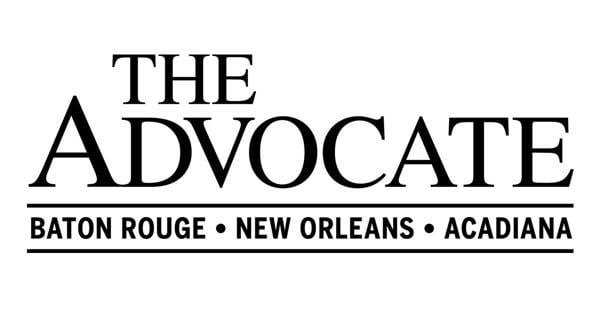The International Monetary Fund (IMF) issued a stark warning regarding the global preparedness for the risks associated with artificial intelligence (AI). In a report released in October 2023, the IMF emphasized that many countries lack the necessary frameworks to manage and regulate the rapid advancements in AI technology. This inadequacy poses significant threats to the stability of the global economy, according to IMF Managing Director Kristalina Georgieva.
The report called for immediate policy action to address these challenges. The IMF highlighted that while AI has the potential to drive economic growth and innovation, it also brings complexities that could exacerbate inequality and disrupt labor markets. Countries are urged to implement comprehensive strategies that not only foster AI development but also ensure that its deployment is safe and equitable.
Georgieva stated, “Without appropriate policies in place, the risks associated with AI could outweigh its benefits.” This sentiment reflects the growing concern among international financial institutions about the dual-edged nature of technological progress. The IMF’s findings suggest that a collaborative approach is essential, with countries needing to share insights and strategies to mitigate risks effectively.
Global Disparities in AI Readiness
The report noted significant disparities in AI readiness among nations. Developed economies are generally better equipped to harness AI’s potential, possessing more resources and established regulatory frameworks. In contrast, many developing countries struggle to keep pace, lacking the infrastructure and expertise required to navigate the complexities of AI regulation.
As AI technologies continue to evolve, the IMF warns that this gap could widen, leading to increased economic disparities both within and between countries. The risk of job displacement due to automation is particularly acute in sectors reliant on lower-skilled labor. The IMF advises governments to proactively engage with stakeholders, including businesses and academic institutions, to create inclusive policies that consider the long-term implications of AI.
In response to these challenges, the IMF is advocating for the establishment of international guidelines on AI development and deployment. These guidelines would aim to balance innovation with safety, ensuring that all countries can benefit from AI advancements while minimizing potential harms.
Call to Action for Policymakers
To mitigate the risks identified in the report, the IMF urges policymakers to prioritize AI regulation as part of their broader economic strategies. This includes investing in education and training programs to prepare the workforce for an AI-driven future.
Governments are encouraged to facilitate public-private partnerships that can drive innovation while maintaining ethical standards. In addition, the IMF suggests creating platforms for international cooperation to share best practices and lessons learned in AI governance.
The IMF’s report serves as a crucial reminder of the importance of strategic planning in the face of technological change. As countries grapple with the implications of AI, the emphasis on preparedness and proactive policy measures will be vital in safeguarding the global economy against unforeseen challenges.
In conclusion, the IMF’s warning underscores the urgency for countries to act decisively to harness the benefits of AI while safeguarding their economies. The call for collaborative international efforts reflects a growing consensus that addressing AI risks is not solely an individual country’s responsibility but a global imperative.







